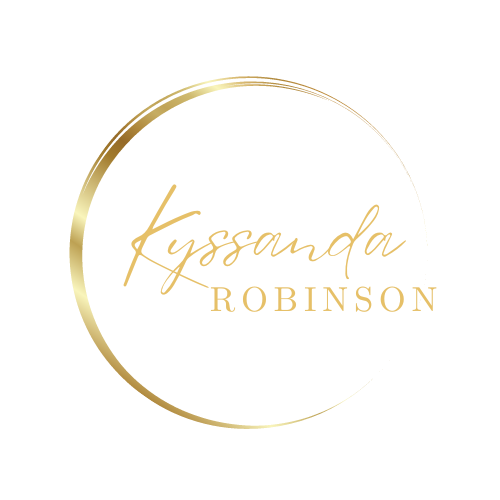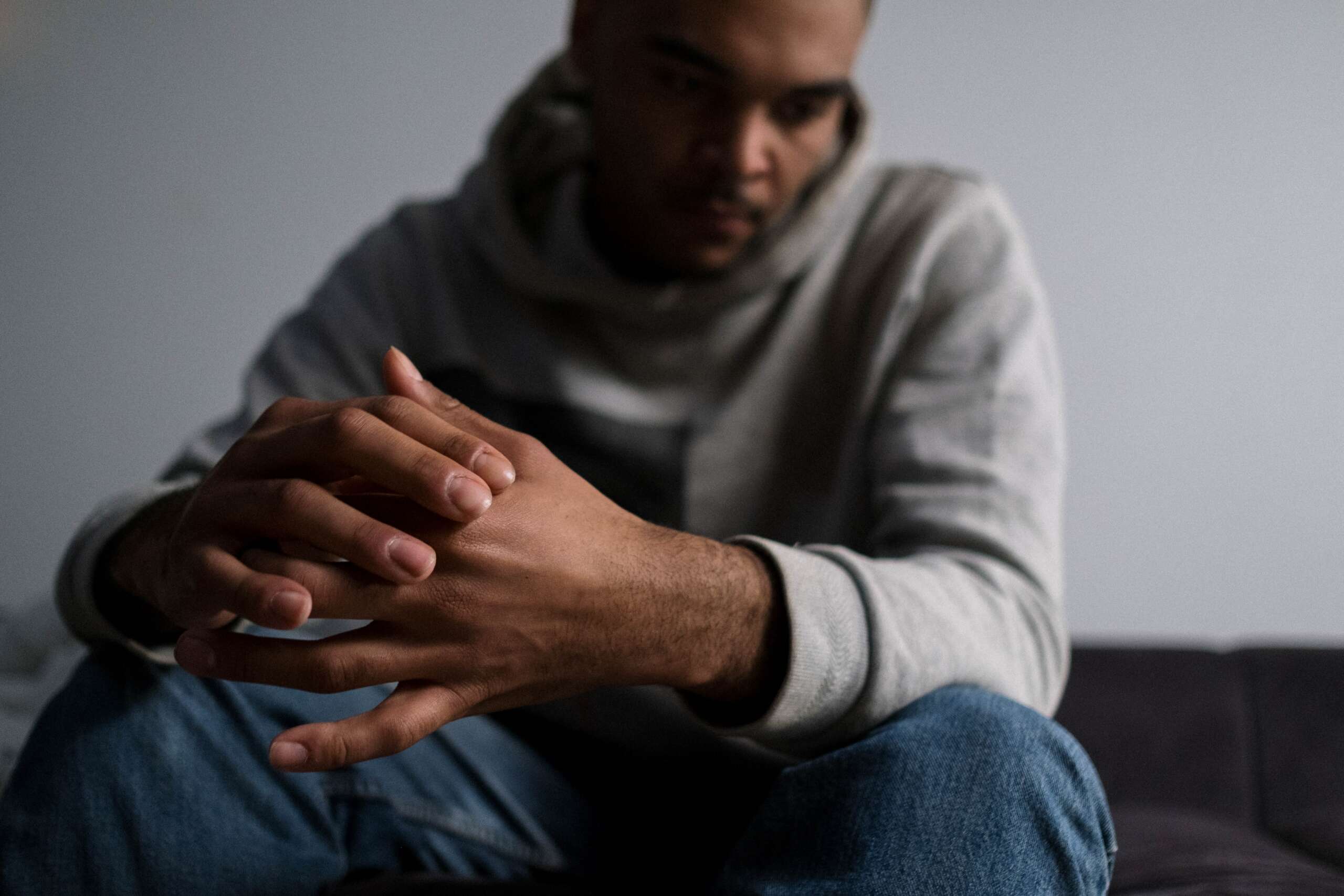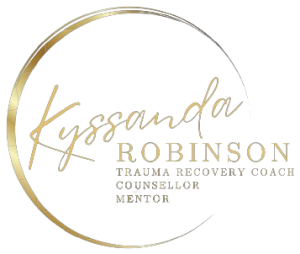If you’re a man who has recently ended a relationship with a narcissistic partner, you’re not alone. Narcissistic abuse is unfortunately common, and it can leave you with deep emotional wounds that are difficult to heal. One of the biggest challenges in recovery is breaking free from the trauma bonds that keep you attached to your abuser. However, with the right tools and support, you can overcome the effects of narcissistic abuse and find peace and healing.
What is Narcissistic Abuse?
Narcissistic abuse is a form of emotional and psychological abuse that is characterized by the abuser’s need for control and power over their partner. Narcissistic abusers are often charming and manipulative, and they use tactics such as gaslighting, projection, and belittling to control and undermine their partner’s sense of self-worth.
Narcissistic abuse can cause deep emotional wounds that take time and effort to heal. In many cases, men who have been in narcissistic relationships find themselves struggling with trauma bonds, which can make it difficult to break free from the relationship and move on.
What are Trauma Bonds?
Trauma bonds are emotional attachments that form in abusive relationships. When a person is abused, their brain releases chemicals that create a sense of attachment to their abuser. Over time, this attachment can become stronger, making it difficult for the victim to leave the relationship.
Breaking free from trauma bonds can be challenging, but it is essential for healing from narcissistic abuse.
Here are some steps you can take to begin the healing process:
- Go No Contact – Going no contact means cutting off all communication with your abuser. This includes phone calls, texts, emails, and social media. Going no contact is essential for breaking free from the cycle of abuse and allowing yourself to heal. If you have children with your abuser, you may need to maintain limited contact for the sake of co-parenting. In this case, it’s important to set clear boundaries and limit communication to essential matters only.
- Seek Support – Healing from narcissistic abuse can be a long and challenging process, and it’s important to have a support system in place. This can include friends, family, support groups, or a therapist who specializes in trauma and abuse recovery. Talking to others who have been through similar experiences can be incredibly helpful in understanding the effects of narcissistic abuse and breaking free from trauma bonds.
- Practice Self-Care – SSelf-care is essential for healing from narcissistic abuse. This can include activities that promote physical and emotional well-being, such as exercise, meditation, journaling, or spending time in nature.
Taking care of yourself can also mean setting boundaries and saying no to things that don’t serve your well-being. It’s important to prioritize your own needs and emotions during the healing process. - Challenge Negative Thoughts – Narcissistic abuse can leave you with deep-seated negative beliefs about yourself and the world around you. These beliefs can be challenging to overcome, but it’s important to challenge them if you want to heal.
One way to challenge negative thoughts is to write them down and then challenge them with evidence that contradicts them. For example, if you have a belief that you’re unlovable, write down evidence to the contrary, such as times when you felt loved and supported by others. - Set Realistic Expectations – Healing from narcissistic abuse takes time, and it’s important to set realistic expectations for yourself. Recovery is not a linear process, and there will be ups and downs along the way.
Be kind to yourself and recognize that healing is a journey, not a destination. Celebrate small victories along the way and don’t be discouraged by setbacks.
Conclusion
In conclusion, healing from narcissistic abuse is a challenging but necessary journey for men who have experienced trauma from a narcissistic partner. Breaking free from trauma bonds and learning how to rebuild your life after narcissistic abuse can be an overwhelming and complex process.
As a therapist with experience in trauma and abuse recovery, I can provide you with the support and tools you need to begin the healing process. Together, we can work through the effects of narcissistic abuse and help you develop the resilience and coping skills necessary to move forward.
If you’re ready to take the first step towards healing, I encourage you to book a session with me today. With the right guidance and support, you can overcome the effects of narcissistic abuse and find the peace and healing you deserve.
Useful Resources
Narcissistic Abuse Support Australia (https://narcissisticabusesupport.com/): This is an organization that provides support, education, and resources for those who have experienced narcissistic abuse in Australia. They offer online support groups, a forum, and a directory of therapists who specialize in narcissistic abuse recovery.
Blue Knot Foundation (https://www.blueknot.org.au/): Blue Knot is a national organization that provides information, resources, and support for adult survivors of childhood trauma, including narcissistic abuse. They offer a helpline, online resources, and professional training for those who work with survivors of trauma.
1800RESPECT (https://www.1800respect.org.au/): 1800RESPECT is a national helpline for those experiencing domestic violence and sexual assault. They provide confidential support, information, and referrals to local services.
MensLine Australia: Counselling and support for men. Phone: 1300 789 978. Website: https://mensline.org.au/


